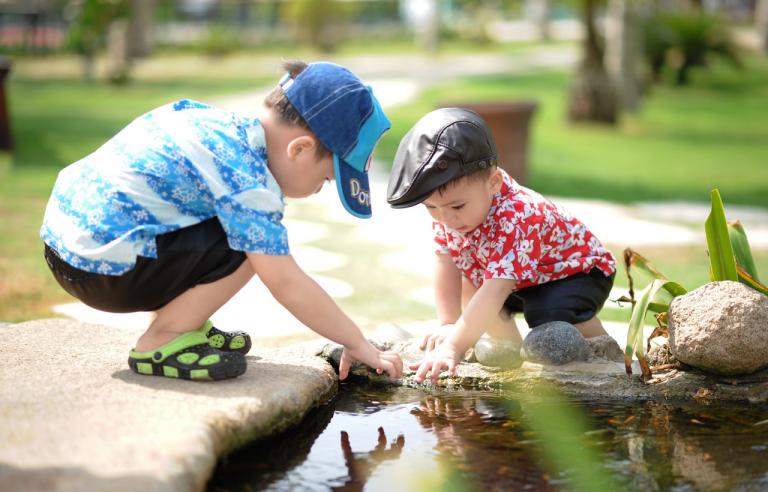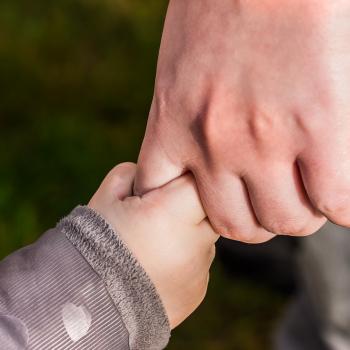 A true apology requires true humility. Saying “sorry” for something you did never feels good in the moment, as it brings one face-to-face with a failure of character. But repentance is necessary for reconciliation, which is the end goal on the other side of a conflict.
A true apology requires true humility. Saying “sorry” for something you did never feels good in the moment, as it brings one face-to-face with a failure of character. But repentance is necessary for reconciliation, which is the end goal on the other side of a conflict.
Parents start early teaching their children to apologize. Picture the stammering, red-faced toddler shuffling his feet, while Mom looks on, facing his playground friend. “I’m sorry.”
“For …?” Mom prods the child gently.
“For throwing rocks at you.”
“And I…” Again, Mom helps.
“And I won’t do it again! Will you forgive me?” the child rushes through the rest of his apology.
Ideally, his friend will say “Sure!” and they will run off together, reconciled and ready to play again. It’s not always that clean, of course. But reconciliation and peace can only start with an admission of guilt and a good-faith effort to make amends.
Sometimes, it seems, children apologize more forthrightly and sincerely than adults do. We tend to let pride and shame squelch the Holy Spirit’s tap on our shoulder, reminding us of Paul’s admonition to, “as far as it depends on you, live at peace with everyone” (Rom 12:18). Recent examples among church leaders make my point.












